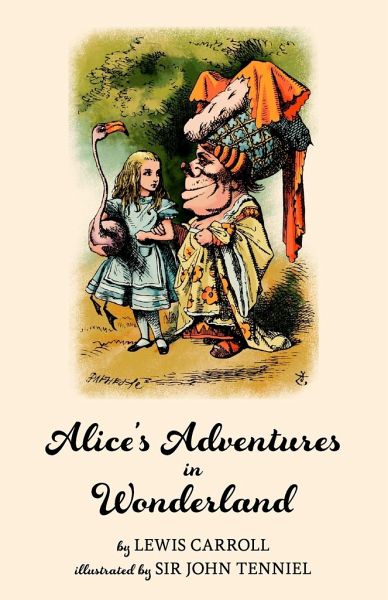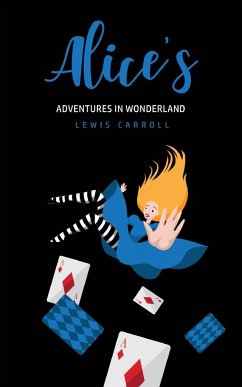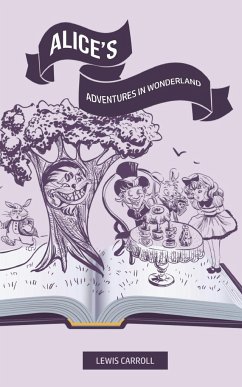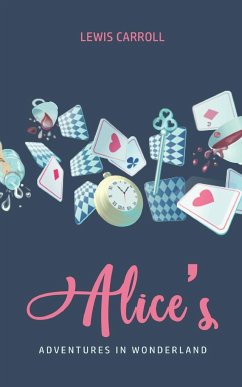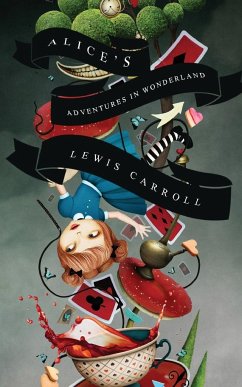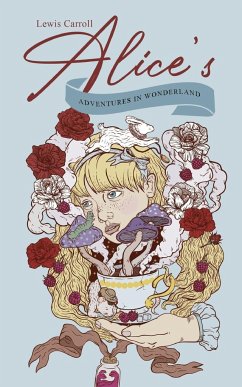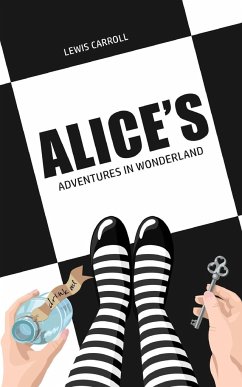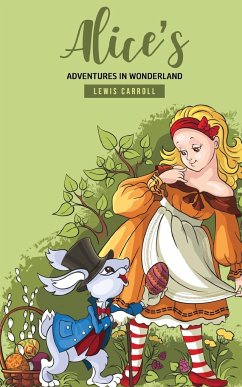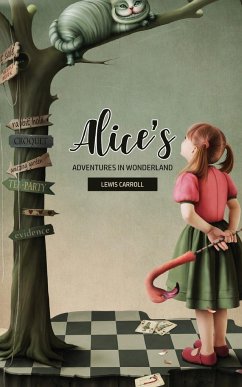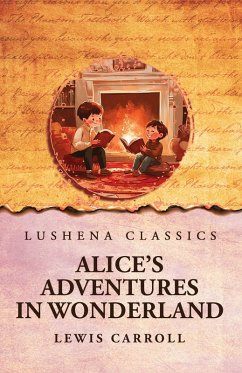Lewis Carroll (1832-1898), the pen name of Charles Lutwidge Dodgson, was an English writer, mathematician, and logician renowned for his contributions to children's literature and his innovative approach to narrative and language. Born in Daresbury, Cheshire, Carroll was a scholar at Oxford University, where he excelled in mathematics and became a lecturer. His creative talents, however, found their most enduring expression in his literary works, particularly in the realm of fantasy and whimsical storytelling. Carroll is best known for Alice's Adventures in Wonderland (1865) and its sequel, Through the Looking-Glass (1871), which revolutionized children's literature with their imaginative plots, playful language, and subversive wit. These books introduced readers to a world where logic was upended and whimsy reigned supreme. Carroll's ability to blend satire with fantasy created a new genre of children's storytelling that both entertained and challenged conventional norms. In addition to his literary achievements, Carroll was also a skilled photographer and a devoted mathematician. His works, characterized by their clever wordplay, nonsensical humor, and richly constructed worlds, continue to captivate audiences and influence writers and artists worldwide.
